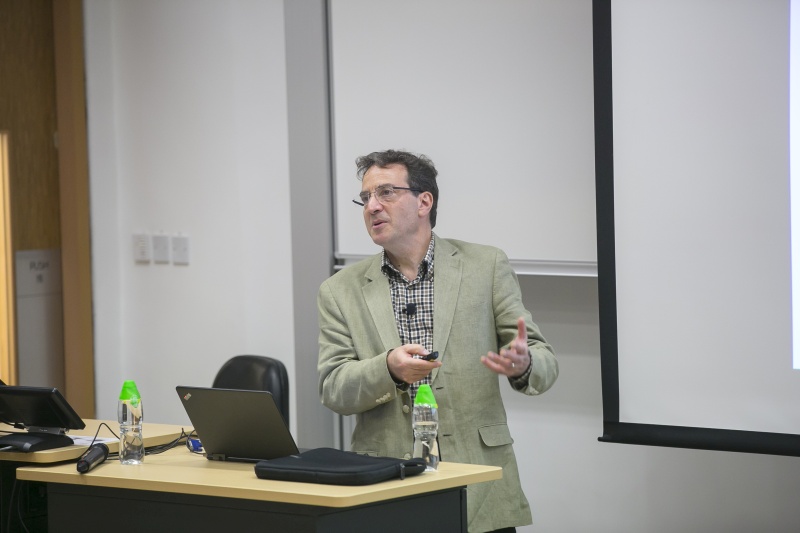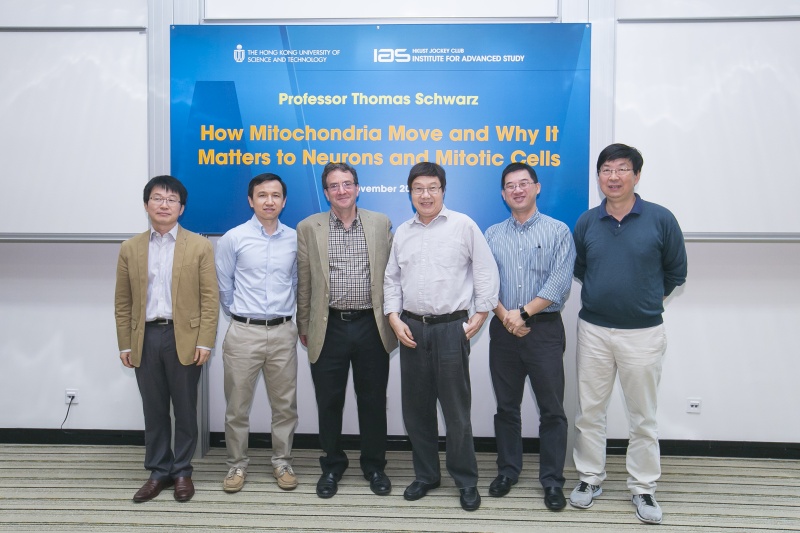How Mitochondria Move and Why It Matters to Neurons and Mitotic Cells
Abstract
Mitochondria are not static organelles, but rather are highly dynamic. Their movement along microtubules allows them to alter their distribution in cells and also undergo fusion with one another and fission. By elucidating the core apparatus that attaches motor proteins to mitochondria, we have been able to understand the fundamentals underlying this dynamism and to open a window onto the many pathways and events that regulate how mitochondria move. This regulation is particularly important in neurons which depend on extensive transport and complex regulation in order to insure that every part of their extended architecture has the energy supply and Ca2+-buffering capacity that it requires. Neurons are also particularly dependent on the efficient removal of damaged mitochondria, regardless of where in the cell the damage occurs. Another situation in which mitochondrial dynamics is important is during mitotic divisions when mitochondria detach from their microtubule tracks. This talk will present the diverse mechanisms by which mitochondrial dynamics and clearance are regulated in both neuronal and non-neuronal cells.
About the speaker
Prof. Thomas Schwarz obtained his PhD at Harvard Medical School in 1983. He was appointed an Assistant Professor at the Stanford University School of Medicine in 1989 and moved to Harvard Medical School in 2000. He is currently the Professor of Neurology and Neurobiology at the Harvard Medical School.
Prof. Schwarz’s research interests include the trafficking of membrane proteins and exocytosis, particularly in neurons; axonal transport of organelles, particularly mitochondria, by kinesins and dynein; and the development and structural plasticity of synapses. His research projects move back and forth between Drosophila melanogaster, mice, rats, and cell lines as the scientific question demands.
Prof. Schwarz was elected a Sloan Research Fellow of the Alfred P. Sloan Foundation in 1990 and Research Fellow in Cardiology at the Boston Children’s Hospital. He received numerous awards including McKnight Foundation Award for Young Investigators in Neuroscience in 1991 and Ellison Medical Foundation Senior Scholar in Aging Award in 2009.










